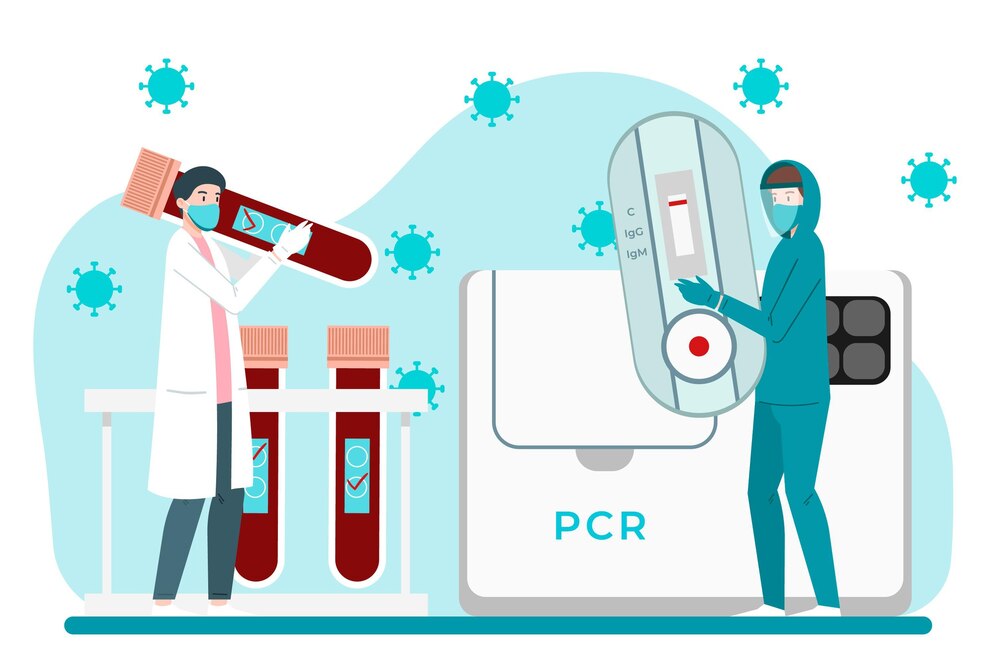PCR full form: Polymerase Chain Reaction

PCR Full Form and Its Revolutionary Impact
In the realm of scientific breakthroughs and medical advancements, acronyms often embody transformative technologies that reshape our understanding and capabilities. The acronym PCR, a cornerstone of modern molecular biology, represents a groundbreaking technique that has revolutionized genetic analysis and disease detection. The full form of PCR is “Polymerase Chain Reaction.” In this article, we will delve into the PCR full form, explore its significance in scientific research and diagnostics, and uncover how it has paved the way for incredible advancements in various fields.
Decoding the Full Form: Polymerase Chain Reaction (PCR)
The acronym PCR stands for “Polymerase Chain Reaction.” It is a powerful laboratory technique used to amplify DNA segments, making it possible to generate millions of copies of a specific DNA region.
The Role of PCR in Scientific Research and Diagnostics
- DNA Amplification: PCR allows researchers to amplify a specific DNA sequence, enabling the study of genetic material even when only a small amount is available.
- Disease Diagnosis: PCR is pivotal in diagnosing diseases by detecting the presence of pathogens, mutations, or genetic markers associated with various conditions.
Key Steps and Principles of Polymerase Chain Reaction
- Denaturation: The DNA is heated to separate its double-stranded structure into single strands.
- Annealing: Short DNA sequences called primers bind to complementary regions on the DNA template.
- Extension: DNA polymerase enzyme extends the primers, creating new complementary DNA strands.
PCR’s Impact on Scientific and Medical Advancements
- Genetic Research: PCR has revolutionized genetic research, enabling the analysis of DNA in fields like forensics, archaeology, and evolutionary biology.
- Infectious Disease Detection: PCR-based tests have transformed disease detection, including identifying pathogens like viruses and bacteria.
Challenges and Considerations
- Contamination: The sensitivity of PCR can lead to false positives due to contamination, making rigorous protocols essential.
- Target Specificity: Designing accurate primers is crucial to ensure PCR amplifies the correct DNA segment.
Future Trends in PCR and Genetic Analysis
- Quantitative PCR (qPCR): Advances in qPCR techniques allow researchers to quantify the amount of DNA present, enabling precise analysis.
- Digital PCR: Digital PCR techniques may become more prevalent, allowing for absolute quantification of DNA molecules.
Conclusion
The PCR full form – Polymerase Chain Reaction – epitomizes the remarkable impact of modern science on understanding and manipulating DNA. From uncovering ancestral lineages to diagnosing infectious diseases, PCR has opened doors to previously unimaginable possibilities. Its legacy is woven into our understanding of genetics, disease, and evolution, shaping the way we explore the molecular intricacies of life. As technology continues to advance, PCR’s influence will continue to expand, revealing new insights into genetics and enabling innovations that will undoubtedly shape the future of medicine, research, and our understanding of the world around us.